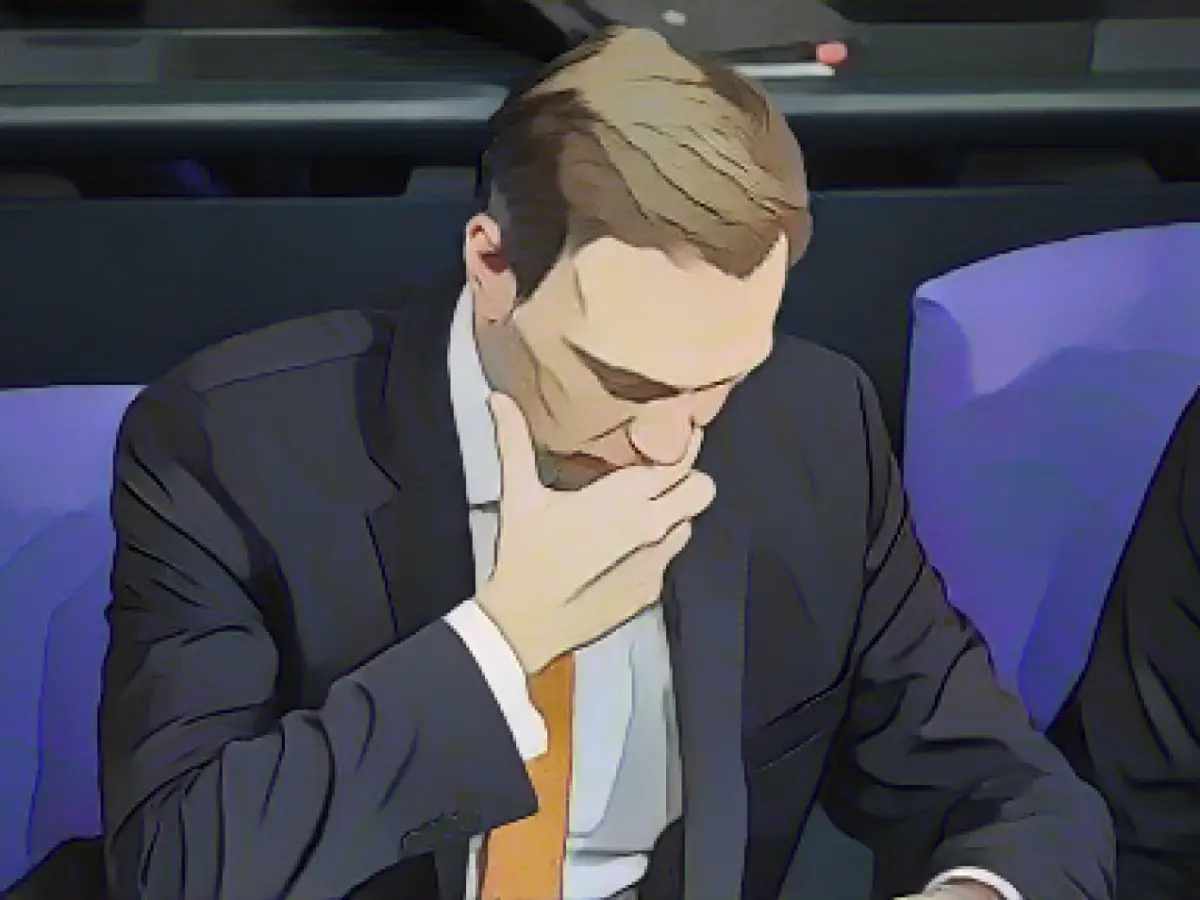After Budget Ruling, Habeck Warns of Potential Price Hikes
In the wake of the Karlsruhe budget ruling, Economics Minister Robert Habeck has raised concerns about the future of energy price brakes and their impact on consumers' pockets.
Habeck voiced his fears that the ruling could pose a threat to the Economic Stabilization Fund (WSF), which finances the energy price brakes. The Green politician explained on Deutschlandfunk radio that the ruling's broad implications could potentially affect all funds established for long-term use.
By the end of October 2023, the WSF had disbursed over 31.2 billion euros. This included 11.1 billion euros for the gas price brake, 11.6 billion euros for the electricity price brake, 4.8 billion euros for emergency aid for natural gas, and 3.7 billion euros in subsidies for network charges.
Despite these concerns, Habeck acknowledged that citizens might express their gratitude for potentially higher electricity prices to the CDU/CSU if their actions lead to these price hikes.
The opposition CDU/CSU, responsible for initiating the lawsuit against the budget reallocation, has dismissed Habeck's accusations. According to Jens Spahn, deputy leader of their parliamentary group, the current government's mismanagement of finances is the root cause of the situation.
The FDP, on the other hand, has proposed cuts in social spending to address the budget deficit. Christian Dürr, the FDP parliamentary group leader, suggested that the welfare state should contribute to budget consolidation rather than relying on tax increases. The Federal Ministry of Labor and Social Affairs budget, which exceeds 165 billion euros, is a primary focus of these discussions.
However, SPD parliamentary group deputy Sören Rix disagreed with the FDP's proposal, warning of potential harm to democratic cohesion if social benefits were cut.
Meanwhile, experts will convene soon to evaluate the Economic Stabilization Fund's constitutionality, shedding more light on the future of energy price brakes and budgetary matters.
Enrichment Data:
The Karlsruhe budget ruling, which pertained to the €750 billion aid package in 2021, does not directly impact energy price brakes' availability or constitutionality. However, it does offer context for the legal challenges and considerations surrounding large-scale economic aid packages, which could influence broader economic policies and impact energy pricing.
Key points from relevant sources include:
- Legal Challenge: A German law for the roll-out of €750 billion aid package faced an initial legal challenge, but the court later allowed the package to proceed[3].
- Economic Impact: The COVID-19 pandemic resulted in significant economic downturns, including a 6.3% decline in GDP and a reduced private consumption rate[3].
- Energy Policy: The CDU has proposed certain policies related to energy pricing, such as reintroducing long-term energy import contracts and lifting the ban on combustion engines. These proposals may be influenced by the broader economic and legal framework established by the aid package and subsequent court decisions[5].
- Budget Allocation: Allocation of funds for energy price brakes would usually be managed by the federal government, in collaboration with state governments and regulatory bodies. Changes in budget allocation or policy decisions would need to comply with constitutional and legal requirements, which were clarified by the court's decision on the aid package[2].
In summary, while the Karlsruhe budget ruling does not directly impact the availability and constitutionality of funds for energy price brakes, it provides context for large-scale economic aid package handling and may influence broader economic policies, including those related to energy pricing. The potential impact on energy prices for consumers would depend on the specific policies and allocations made by the government and regulatory bodies.








